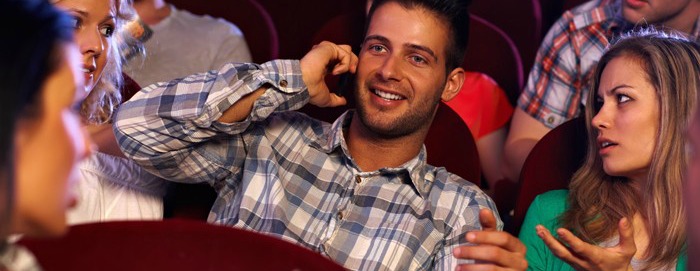
This Week: Pokemon Go suggests a different relationship between real and virtual, an art prize in which critics don’t matter, museums challenge visitors to spot fakes, a French city that has reinvented itself around art, and a claim that modern audiences are confused and uncertain.
- A Milestone In How We’ll See The World? Augmented reality has been around for a while, and it’s got all sorts of useful applications in embedding information atop of the things we’re looking at. But it’s never really caught on with a larger public. Until now. Pokemon Go! is the augmented reality game that has taken the world by storm and shown the potential of virtual interfaces to change our relationships with the real world. It might be a dumb game, but people “get” what AR can do after playing it. “This weekend I went to the recently opened San Francisco Museum of Modern Art and wanted to know everything about the art and various installations, beyond what was posted on the walls. I felt as if I should be able to lift my phone and get more details on the process of the creation of the art work, rather than having to type a search term into my browser. Pokémon Go had changed my expectations on how to access information. That shift in expectation, perhaps, is the game’s true importance.”
- This Art Prize Shows That Critics Don’t Matter: It’s Australia’s Archibald Art Prize, and “one of the lessons of the Archibald prize is that it’s impervious to criticism. … The prize runs by its own rules, which are really just a set of guidelines – more like a surrealist parlour game where inclusions are governed by exceptions.”
- Can You Spot The Fake? (An Audience Exercise): Six museums have installed fake paintings among their collections and challenged visitors to spot them. How will this change the visitor experience? At the least, it will cause viewers to look at the art in a different way. What are characteristics of the “real” art as opposed to the fake versions? “The secret ‘heist’ has been orchestrated by Sky Arts as part of a month-long national art competition for the new television series Fake! The Great Masterpiece Challenge, where the public are invited to have a go at spotting the counterfeit paintings displayed at six different galleries in Cardiff, Edinburgh, Liverpool, London and Manchester.”
- France’s Fastest Growing City Is Growing Because Of Art: In the mid-80s, Nantes was culturally dead. ‘There was one interesting festival and the opera house, that’s all.’” Now it’s France’s fastest-growing city and has real cachet. The key? “‘If you make people pay for culture, or only offer it in enclosed spaces like theatres or museums, you will only ever reach a small percentage of the population”. So one impresario brought art to the streets and public spaces, made it free and possible for citizens to encounter art everywhere in their daily lives. It’s transformed the culture.
- Audiences Are So Confused! That’s the claim of editor Alastair Smith. “[Once,] the rules may not have been written down, but they were clear and strict … Then along came jukebox musicals that asked you to dance along to a megamix. At Shakespeare’s Globe, actors started engaging with the groundlings. … Next, immersive theatre asked audiences to touch the set, to react to the actors. … Rules of audience engagement vary wildly from one show to the next. And the expectations of what one audience member finds permissible also varies from one person to the next.”
Leave a Reply